Renaissance - Prologue (1971) {2001, Japanese Reissue}
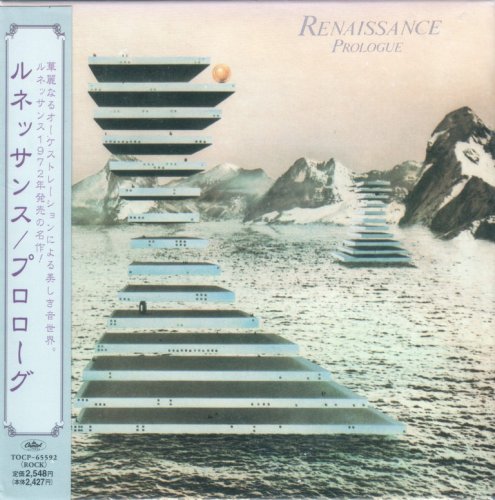
Artist: Renaissance
Title: Prologue
Year Of Release: 1971 / 2001
Label: Capitol Records / Toshiba-EMI Ltd. #TOCP-65592
Genre: Art Rock, Progressive Rock, Folk Rock, Symphonic Rock
Quality: EAC Rip -> FLAC (Img+Cue, Log) / MP3 CBR320
Total Time: 00:41:27
Total Size: 236 / 107 Mb (Scans)
WebSite: Album Preview
Title: Prologue
Year Of Release: 1971 / 2001
Label: Capitol Records / Toshiba-EMI Ltd. #TOCP-65592
Genre: Art Rock, Progressive Rock, Folk Rock, Symphonic Rock
Quality: EAC Rip -> FLAC (Img+Cue, Log) / MP3 CBR320
Total Time: 00:41:27
Total Size: 236 / 107 Mb (Scans)
WebSite: Album Preview
Renaissance are an English progressive rock band, best known for their 1978 UK top 10 hit "Northern Lights" and progressive rock classics like "Carpet of the Sun", "Mother Russia", and "Ashes Are Burning". They developed a unique sound, combining a female lead vocal with a fusion of classical, folk, rock, and jazz influences. Characteristic elements of the Renaissance sound are Annie Haslam's wide vocal range, prominent piano accompaniment, orchestral arrangements, vocal harmonies, acoustic guitar, bass guitar, synthesiser, and versatile drum work. The band created a significant following in the northeast United States in the 70s, and that region remains their strongest fan base.
The original line-up included two former members of The Yardbirds, Keith Relf and Jim McCarty, along with John Hawken, Louis Cennamo and Relf's sister Jane Relf. They intended to put "something together with more of a classical influence". Renaissance was born, and the band released a studio album in 1969, and another in 1971. Subsequently, John Tout replaced Hawken on keyboards, followed by a period of high turnover of musicians until the "classic line-up" of Haslam, John Tout, Michael Dunford, Jon Camp, and Terry Sullivan was established, although none of them was in the original band. They were assisted with lyrics on many songs from Cornish poet Betty Thatcher-Newsinger. From 1972 to 1979 Renaissance released seven successful studio albums, toured extensively, and sold out three nights in a row at Carnegie Hall with Tony Cox conducting the New York Philharmonic.
The 80s were a lean time for them, with personnel changes, and two relatively unsuccessful studio albums, leading to disbandment in 1987. Two different offshoots of Renaissance existed at the same time at one stage in the mid-90s. The band re-formed in 1998 to record Tuscany, which was eventually released in 2001; however they disbanded again the next year.
2009 heralded a new line-up for Renaissance, led by Haslam and Dunford, and since then the band has continued to record and tour. They were shocked and saddened by the sudden death of Dunford in November 2012. Later, Haslam stated that the band would continue touring. The current line-up is not as English as the band's early period, with five U.S.-born members and one English-born member who lives in the U.S. In April 2014 Renaissance released the studio album Symphony of Light.
The first album by the '70s (i.e. Annie Haslam) version of Renaissance is a transitional work, rooted in more standard hard rock sounds (including psychedelia) than what followed. One can spot the difference, which may please some listeners and put others off, in the fairly heavy guitar sound of "Prologue," Rob Hendry's electric instrument playing both lead and rhythm parts prominently at various times behind Annie Haslam's soaring vocals and adjacent to John Tout's piano. "Kiev" may also startle some longtime fans, since Haslam doesn't handle the lead vocals, the male members' singing being much more prominent. The ethereal, flowingly lyrical "Sounds of the Sea" is the cut here that most resembles the music that the group became known for in the years ahead, and shows Haslam singing in the high register for which she would become famous. "Spare Some Love," with its prominent folky acoustic guitar, also anticipates material (specifically "Let It Grow" and "On The Frontier") off of the group's better known second album, Ashes Are Burning. "Bound For Infinity" marked the final creative contribution by co-founder Jim McCarty, of the '60s version of Renaissance, and is pretty enough even if it doesn't fit in anywhere with their subsequent sound. And the 11-minute epic "Rajah Khan," with its elements of raga-rock, including sitar-like passages on Hendry's electric guitars and an extended VCS 3 synthesizer solo by Francis Monkman, is a more advanced and virtuoso descendant of late '60s psychedelia. It, too, has little to do with the sound that the group subsequently adopted (although it does intersect, in the most peripheral way, with "Song of Scheherazade" and some of the other Eastern-theme works that preceded it), but the track is entertaining and does show off a startlingly different type of art-rock toward which this group could have gravitated. The sound is clean, and this version of Prologue is to be preferred over Capitol's abortive attempt to reissue it in the late 1980's as In The Beginning, which cut some of the material and had totally lackluster sound.
The original line-up included two former members of The Yardbirds, Keith Relf and Jim McCarty, along with John Hawken, Louis Cennamo and Relf's sister Jane Relf. They intended to put "something together with more of a classical influence". Renaissance was born, and the band released a studio album in 1969, and another in 1971. Subsequently, John Tout replaced Hawken on keyboards, followed by a period of high turnover of musicians until the "classic line-up" of Haslam, John Tout, Michael Dunford, Jon Camp, and Terry Sullivan was established, although none of them was in the original band. They were assisted with lyrics on many songs from Cornish poet Betty Thatcher-Newsinger. From 1972 to 1979 Renaissance released seven successful studio albums, toured extensively, and sold out three nights in a row at Carnegie Hall with Tony Cox conducting the New York Philharmonic.
The 80s were a lean time for them, with personnel changes, and two relatively unsuccessful studio albums, leading to disbandment in 1987. Two different offshoots of Renaissance existed at the same time at one stage in the mid-90s. The band re-formed in 1998 to record Tuscany, which was eventually released in 2001; however they disbanded again the next year.
2009 heralded a new line-up for Renaissance, led by Haslam and Dunford, and since then the band has continued to record and tour. They were shocked and saddened by the sudden death of Dunford in November 2012. Later, Haslam stated that the band would continue touring. The current line-up is not as English as the band's early period, with five U.S.-born members and one English-born member who lives in the U.S. In April 2014 Renaissance released the studio album Symphony of Light.
~ Wiki
The first album by the '70s (i.e. Annie Haslam) version of Renaissance is a transitional work, rooted in more standard hard rock sounds (including psychedelia) than what followed. One can spot the difference, which may please some listeners and put others off, in the fairly heavy guitar sound of "Prologue," Rob Hendry's electric instrument playing both lead and rhythm parts prominently at various times behind Annie Haslam's soaring vocals and adjacent to John Tout's piano. "Kiev" may also startle some longtime fans, since Haslam doesn't handle the lead vocals, the male members' singing being much more prominent. The ethereal, flowingly lyrical "Sounds of the Sea" is the cut here that most resembles the music that the group became known for in the years ahead, and shows Haslam singing in the high register for which she would become famous. "Spare Some Love," with its prominent folky acoustic guitar, also anticipates material (specifically "Let It Grow" and "On The Frontier") off of the group's better known second album, Ashes Are Burning. "Bound For Infinity" marked the final creative contribution by co-founder Jim McCarty, of the '60s version of Renaissance, and is pretty enough even if it doesn't fit in anywhere with their subsequent sound. And the 11-minute epic "Rajah Khan," with its elements of raga-rock, including sitar-like passages on Hendry's electric guitars and an extended VCS 3 synthesizer solo by Francis Monkman, is a more advanced and virtuoso descendant of late '60s psychedelia. It, too, has little to do with the sound that the group subsequently adopted (although it does intersect, in the most peripheral way, with "Song of Scheherazade" and some of the other Eastern-theme works that preceded it), but the track is entertaining and does show off a startlingly different type of art-rock toward which this group could have gravitated. The sound is clean, and this version of Prologue is to be preferred over Capitol's abortive attempt to reissue it in the late 1980's as In The Beginning, which cut some of the material and had totally lackluster sound.
~ Bruce Eder, All Music
Track List:
01. Prologue [0:05:37.42]
02. Kiev [0:07:36.55]
03. Sounds of the Sea [0:07:09.50]
04. Spare Some Love [0:05:10.25]
05. Bound for Infinity [0:04:22.15]
06. Rajah Khan [0:11:31.25]
***************
![David Chevallier, Sebastien Boisseau, Christophe Lavergne - ReSet (2026) [Hi-Res] David Chevallier, Sebastien Boisseau, Christophe Lavergne - ReSet (2026) [Hi-Res]](https://www.dibpic.com/uploads/posts/2026-02/1770298536_cover.jpg)
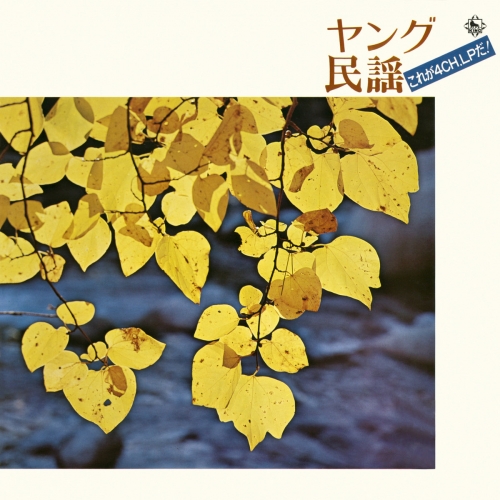
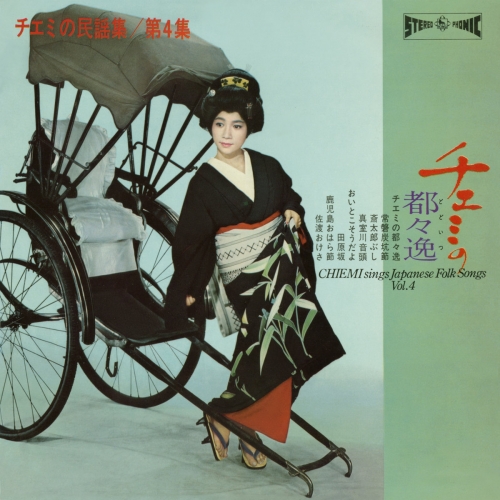
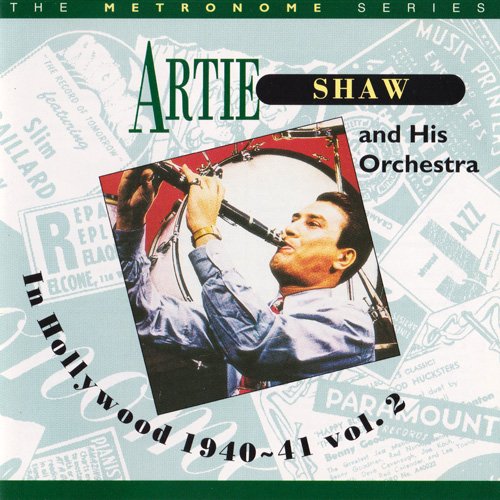

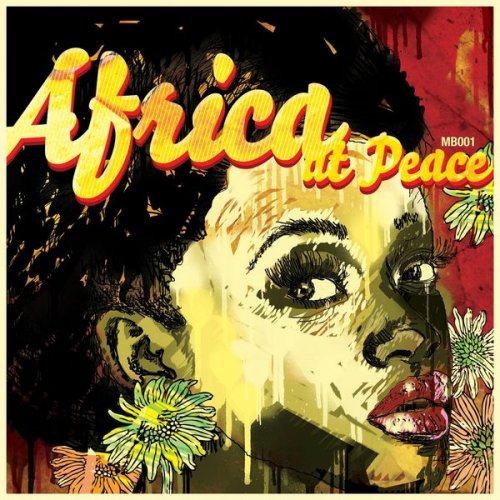
![McCoy Mrubata - Children On The Frontline (2026) [Hi-Res] McCoy Mrubata - Children On The Frontline (2026) [Hi-Res]](https://www.dibpic.com/uploads/posts/2026-02/1770560394_cover.jpg)
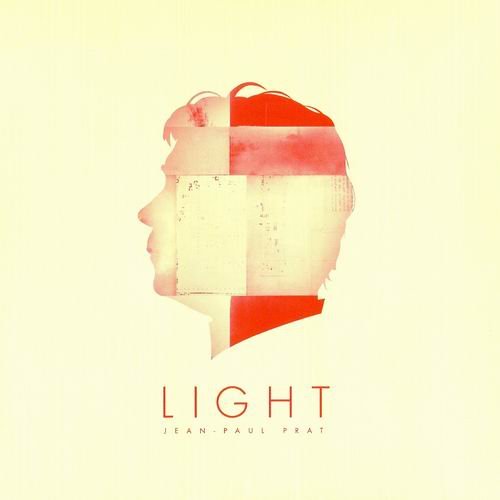
![Calibro 35 - Exploration (Deluxe Edition) (2026) [Hi-Res] Calibro 35 - Exploration (Deluxe Edition) (2026) [Hi-Res]](https://www.dibpic.com/uploads/posts/2026-02/1770195253_prs31td9h1vkc_600.jpg)